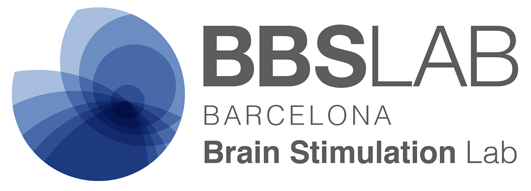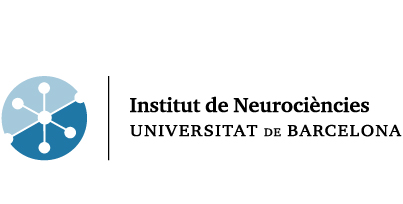
DAVID BARTRÉS-FAZ
Position: Associate Professor
(Professor Agregat)
Research team
Kilian Amadeus Abellaneda Pérez
Early stage researcher
kilian.abellaneda (at) ub.edu
Lídia Vaqué Alcázar
Early stage researcher
lidiavaque (at) ub.edu
Juan Pablo Martin Trias
Early stage researcher
pmartintrias (at) ub.edu
Contact details
Dr. David Bartrés-Faz
Department of Medicine (Medical Psychology Unit)
Faculty of Medicine, Casanova 143
08036 Barcelona (Spain)
+34934039295
dbartres (at) ub.edu
Research Interests
We investigate the brain mechanisms that relate particular lifestyle conditions with cognitive resiliency in aging and explain inter-individual differences in the capacity to counteract age-associated or disease-related brain changes. In a series of studies we have contributed to identify a set of lifestyle variables (education, social and physical activity) identifying the elders with high cognitive or brain reserve estimates, which are associated with more effective usage of large-scale brain networks and maintenance of cognitive function.
We also use non-invasive brain stimulation techniques such as, transcranial magnetic stimulation (TMS) and transcranial direct current stimulation (tDCS) coupled with functional neuroimaging, to modulate the activity in key networks subtending cognitive processes. Using this approach we aim to investigate how, in combination with cognitive training, cognitive functions can be improved in healthy ageing and in patients with mild cognitive impairment through the modulation of bran networks associated to plasticity mechanisms.
Current Research Lines
- Lifestyle patterns, cognitive and brain function in ageing
- Non-invasive brain stimulation, neuroimaging and cognition
Technologies / methods
- MRI-related data analyses softwares and procedures (SPM, fsl, freesurfer, matlab).
- Neuronavigated transcranial magnetic stimulation (TMS) coupled with imaging data.
- Transcranial direct current stimulation for behavioral studies and coupled with fMRI adquisitions.
Highlighted publications
· Vidal-Piñeiro D, Martín-Trias P, Falcón C, Bargalló N, Clemente IC, Valls-Solé J, Junqué C, Pascual-Leone A, Bartrés-Faz D (2015). Neurochemical Modulation in Posteromedial Default-mode Network Cortex Induced by Transcranial Magnetic Stimulation. Brain Stimulation 8:937-944.
· Sala-Llonch R, Junqué C, Arenaza-Urquijo EM, Vidal-Piñeiro D, Valls-Pedret C, Palacios EM, Domènech S, Salvà A, Bargalló N, Bartrés-Faz D (2014). Changes in whole-brain functional networks and memory performance in aging. Neurobiol Aging. 35:2193-202
· Peña-Gomez C, Solé-Padullés C, Clemente IC, Junqué C, Bargalló N, Bosch B, Molinuevo JL, Valls-Solé J, Pascual-Leone A, Bartrés-Faz D (2012). APOE status modulates the changes in network connectivity induced by brain stimulation in non-demented elders. PlosOne 7(12):e51833.
· Solé-Padullés C, Bartrés-Faz D, Junqué C, Vendrell P, Rami L, Clemente IC, Bosch B, Villar A, Bargalló N, Jurado MA, Barrios M, Molinuevo JL (2009. Brain structure and function related to cognitive reserve variables in normal aging, mild cognitive impairment and Alzheimer’s disease. Neurobiol Aging. 30:1114-24.
· Bartrés-Faz D, Serra-Grabulosa JM, Sun FT, Solé-Padullés C, Rami L, Molinuevo JL, Bosch B, Mercader JM, Bargalló N, Falcón C, Vendrell P, Junqué C, D’Esposito M (2008). Functional connectivity of the hippocampus in elderly with mild memory dysfunction carrying the APOE epsilon4 allele. Neurobiol Aging. 29:1644-5.



